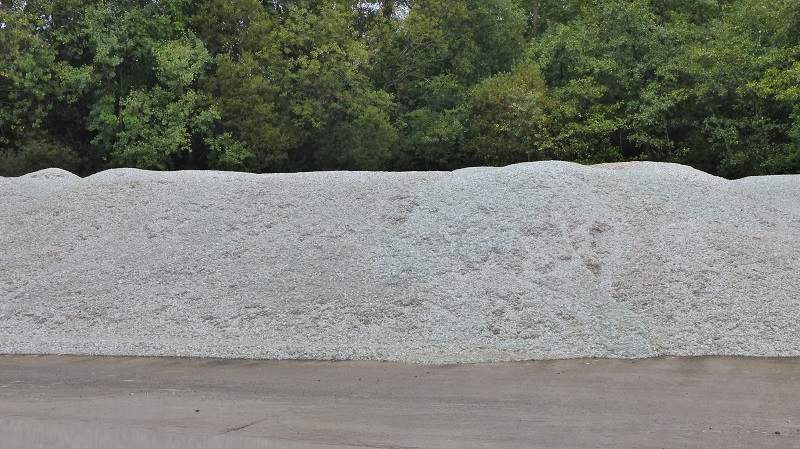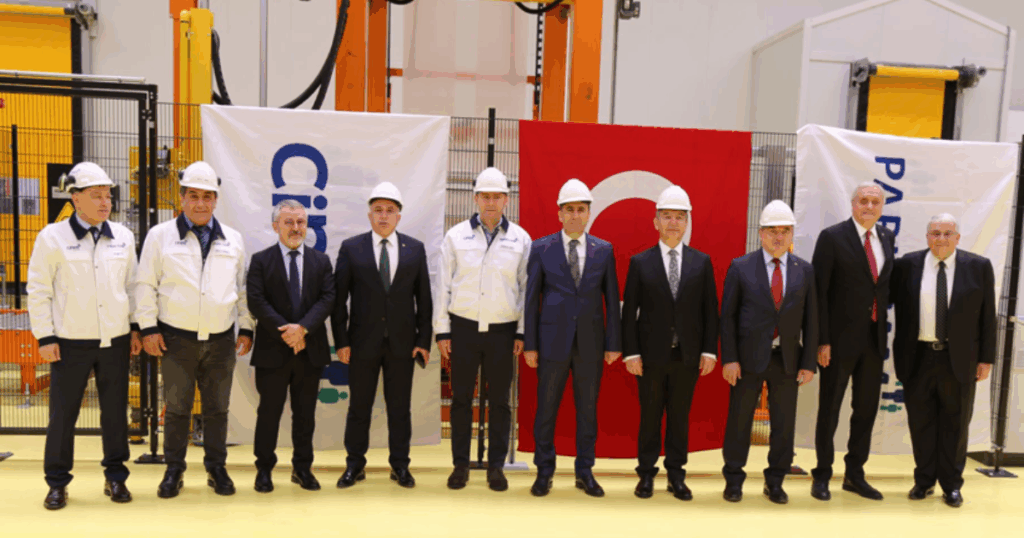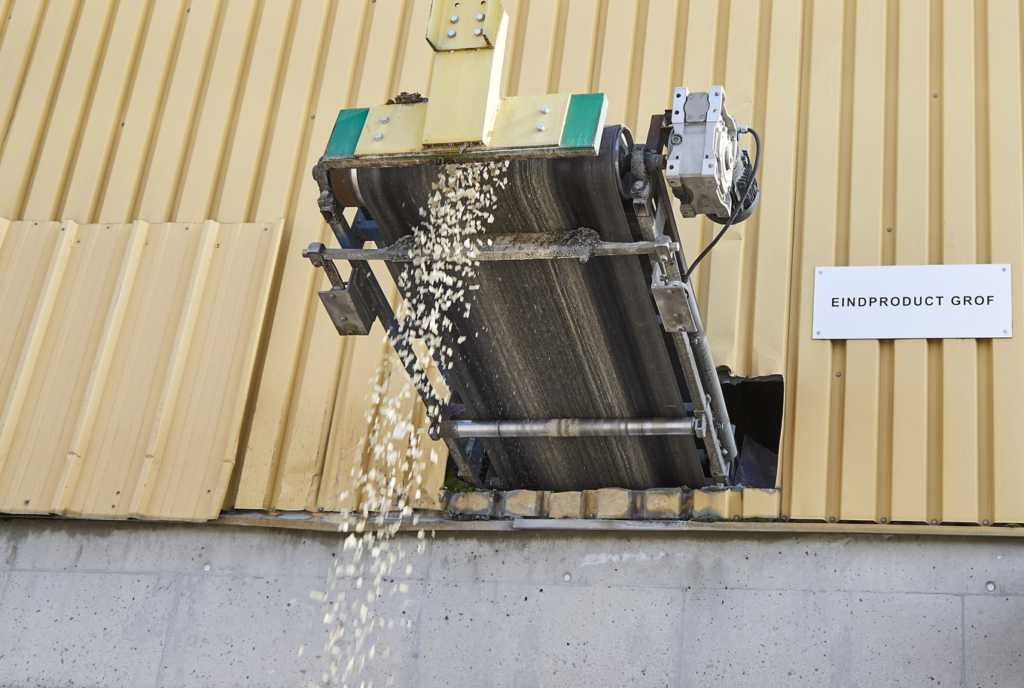The price of glass remelt PRNs rose from £9.75 per tonne in December 2020 to as high as £190 in December 2021 (see letsrecycle.com story). This is seen in the industry as a consequence of less glass being collected from pubs and the rest of the hospitality sector than usual in 2021.
In a written answer to questions tabled by Neil Coyle, Labour MP for Bermondsey and Old Southwark, Mrs Churchill said the government was aware that recent prices increases had “caused challenges” for some businesses.
She said the Department for Environment, Food and Rural Affairs (Defra) had held discussions with both industry and regulators, including the Environment Agency, to understand the causes behind the increases.
However, Tim Gent, director of glass reprocessor Recresco, says the increased prices are “nothing to worry about” and stem from an increase in annual recycling obligations.
And, Angus Macpherson, managing director of the The Environment Exchange (T2E) PRN trading platform, said the increased prices represented a case of “action and reaction” within the market.
Others suggest that obligated businesses are “resisting” the recent higher prices, and have turned to trade associations to apply pressure over the higher fees.
Household collections
Mr Coyle asked Defra secretary George Eustice what assessment his department had made of the factors that led to the increase in the price of glass remelt PRNs from December 2020 to December 2021.

Mrs Churchill replied: “In the past year, as a result of closures related to the pandemic, we have seen less glass collection from hospitality businesses, which is usually higher quality because it is collected separately.
“Instead, there have been higher collections from households, which often requires additional sorting to make it suitable for remelt, incurring additional cost.
“These restrictions on supply will inherently raise the cost of the PRNs under the UK’s market-based system, alongside the end of year compliance pressures.”
Though Mr Coyle asked whether Defra was taking steps to support obligated businesses that experienced a significant rise in costs for PRNs in the final quarter of 2021, Mrs Churchill emphasised that the government could not “intervene” in the market.
‘Nothing to worry about’
Glass PRNs can be purchased either as remelt or as ‘other’, which covers glass that goes towards aggregate.

Remelt is seen as the more circular solution but requires more expensive processing, hence the split.
Mr Gent says Recresco sells about 20% of all glass remelt PRNs each year.
The average price for glass PRNs in 2020 will still be “very low” when taking into consideration those sold as other alongside remelt, Mr Gent said, and it “seems like” everyone has complied.
He also suggested that the introduction of extended producer responsibility for packaging would make the cost of complying with recycling obligations much more expensive.
Market reaction
T2E’s Angus Macpherson explained that the rise in PRN prices was a “market reaction”.

“The high value of the glass PRN is a case of action and reaction,” he said. “For nine months the data has indicated a shortage of supply and the whole situation has been compressed to the end of the year.
“There are a number of issues which affected the situation. Collections were not as high in 2021 because of the pandemic and the figures were based on more glass being used in 2020, largely because people drank more at home.”
Mr Macpherson echoed Mr Gent in noting that, while the glass remelt PRN prices were particularly high towards the end of the year, the average price on the Exchange in 2021 was about £44.
This is lower than was the case in some previous years, Mr Macpherson said. In 2013, for example, the average was £68.
‘Resistance’
Despite Mr Gent and Mr Macpherson’s reassurances, a compliance expert told letsrecycle.com that there had been a lot of “resistance” to the current higher prices from producers, even with the legal obligation to comply.
The expert said trading appeared to be “exceptionally low” in recent weeks, despite some producers needing PRNs to hit compliance.
They claimed some now have trade associations “on side”, seeking to raise the issue “at a higher level”.







Subscribe for free